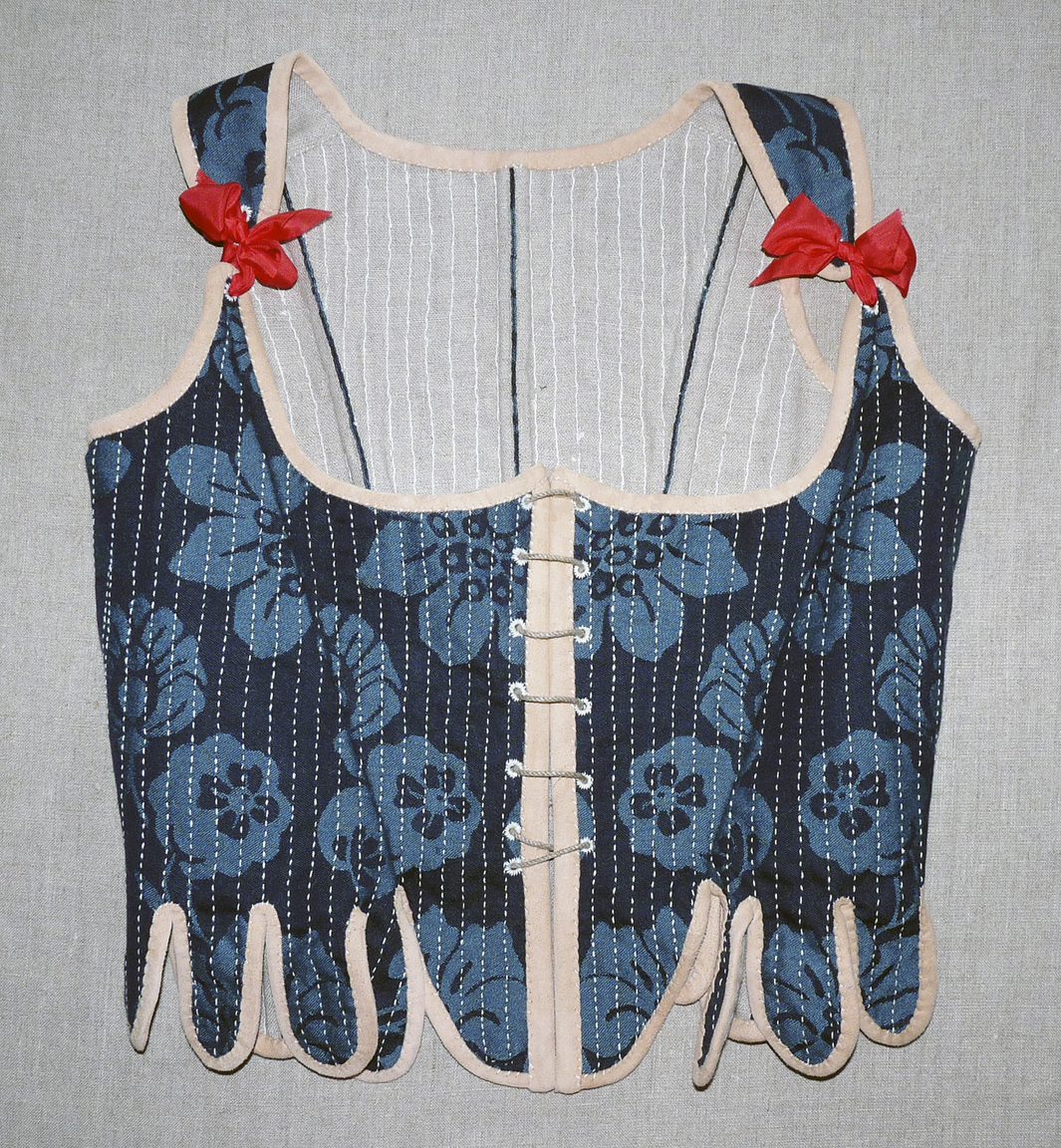Seminar/konferanse

Agenda: Norwegian and Peruvian Traditional Costumes
Textiles play a central role in Norway and Peru. Despite many differences between the countries and the great distance that divides them, both have relied on textiles – a rich, colourful costume tradition – to contribute to the sense of belonging and collective identity: national and local.
While Norwegians are familiar with Bunad, the Andean traditional costume has a longer history: from pre-Columbian societies through European colonization to indigenous rebellion. With a comparative approach, this conference takes a closer look at both traditions, with a special focus on history as well as techniques, such as waist looms and vertical looms, the evolution of patterns and the impact of modern adaptations.
Norwegian and Peruvian Traditional Costumes.
Here and There. Then and Now.
Programme
10:00 - 10:15: Introduction by Jennifer Allen and Franz Schmidt
10:15 - 11:00: Mona Løkting. Three years of craft specialization in folk costume and bunad
11:00 - 11:45: Lotta Ahlvar. Another Nordic Perspective. Textile Crafts in Sweden
11:45 - 13:00: Lunch
13:00 - 13:30: Discussion between Jennifer Allen and Franz Schmidt
13:30 - 14:30: Soledad Mujica. The Andean costume, change and continuity
14:30 - 16:00: Informal discussion
Lotta Ahlvar will examine Nordic textile crafts in relation to tradition and change while Mona Løkting will address why regional folk costume customs have been different in various areas in Norway. Soledad Mujica – in addition to covering the history of the Andean costumes – will discuss two examples that synthesise permanence and cultural changes: Taquile and Anaco.
The conference will also feature artistic interventions from the students participating in the lab “Weaving Collective Identities in Norway and Peru,” which the conference moderators Franz Petter Schmidt and Jennifer Allen are teaching this semester at KHiO. Agenda and the lab were organized by Hans Hamid Rasmussen, professor in Art and craft at KHiO.
Speakers
Lotta Ahlvar is a leading figure in the Swedish design industry and the president of the Friends of Handicrafts (Handarbetets Vänner) in Stockholm. Ahlvar has been president of the Swedish Fashion Council and co-founded the Nordic Fashion Association. She lectures frequently in institutions, schools, museums and the business community as well as consulting with clients.
Mona Løkting lives and works in Hedmark, Norway. Løkting was educated as a dressmaker (Kjole- og draktsyer) and a costume tailor (Bunadtilvirker). From 2008 to 2012, she was a research fellow at Norsk håndverksinstitutt (Norwegian Institute of Crafts). Her research project addressed the cut of folk costumes as well as the relationship between sewing techniques and the adaptation of the garments.
Soledad Mujica is an officer in the Peruvian Ministry of Culture since 2006 and responsible for the Directorate of Intangible Cultural Heritage, which oversees the research, inventory, safeguarding, promotion and dissemination of the intangible cultural heritage of Peru. Mujica also represented Peru at UNESCO’s Intergovernmental Committee for Safeguarding Intangible Cultural Heritage from 2006 to 2010 and from 2012 to 2016.
Moderators
Jennifer Allen is a critic, lecturer and researcher living in Berlin. Allen has written for many international contemporary art publications, including Artforum (New York), frieze (London) and Mousse (Milan). In 2009, she was awarded the art criticism prize by the German Kunstverein Association ADKV.
Franz Petter Schmidt is a textile artist based in Oslo. Schmidt was educated as a men’s tailor and has a Masters in textile art from the Oslo National Academy of the Arts. His projects focus on the history of the endangered Norwegian textile industry while exploring the relevance of its historical material in contemporary discussions about quality, materiality, skills and consumer ethics.